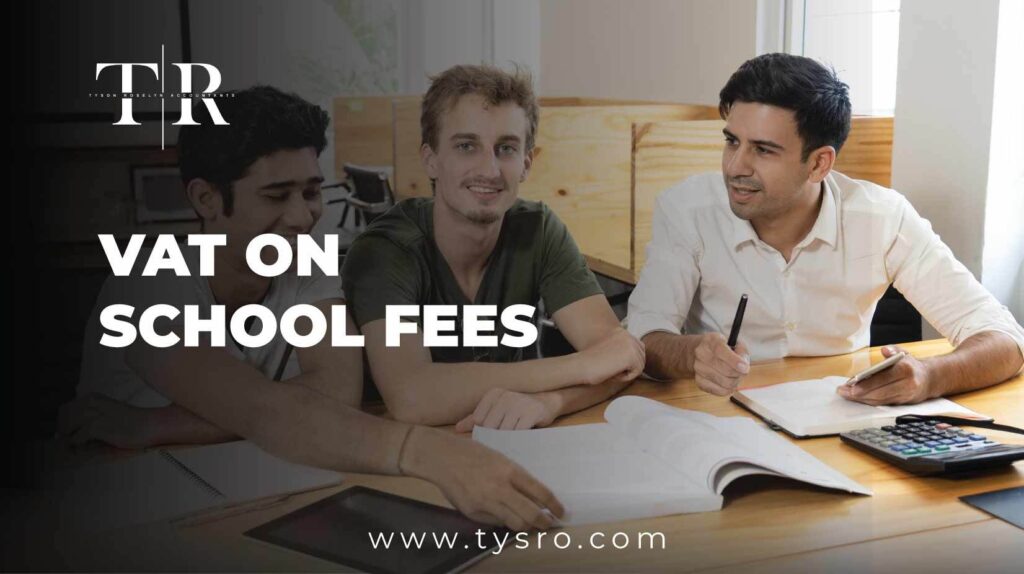The potential introduction of VAT on school fees has sparked significant debate in the UK, especially concerning its implications for private education, parents, and the broader educational landscape. This article explores what VAT on school fees entails, the motivations behind its introduction, its impact on stakeholders, and strategies to adapt to the potential changes.
Understanding VAT on School Fees
Value Added Tax (VAT) is a consumption tax applied to goods and services. For years, private schools in the UK have enjoyed VAT exemptions, which allowed them to charge tuition fees without including an additional tax burden. Recent discussions about imposing a 20% VAT on private school fees stem from broader efforts to address social inequality and raise government revenue.
If implemented, the cost of private education would rise significantly. For example, a yearly fee of £15,000 would increase to £18,000 with the VAT, creating a substantial financial burden on parents. This shift has profound implications for families, schools, and the state education system.
The Rationale Behind VAT on School Fees
Several factors drive the push for taxing private school fees:
- Revenue Generation: Imposing VAT on school fees could generate billions of pounds annually, which could be reinvested into state education and public services.
- Promoting Equality: Proponents argue that VAT on private school fees can reduce the perceived inequality between state and private education by leveling the playing field.
- Economic Reforms: As governments seek to address fiscal challenges, VAT on private education aligns with broader wealth redistribution policies.
- Public Opinion: Polls indicate strong public support for taxing private schools, especially as discussions around the VAT threshold 2024 gain traction, potentially impacting funding for state education improvements.
Impact on Key Stakeholders
The introduction of VAT on school fees would have wide-reaching consequences:
1. Parents and Families
Families who rely on private education face significant financial challenges if VAT is introduced. Middle-income households, in particular, may find it increasingly difficult to afford private school fees, leading many to reconsider their options.
Possible responses include:
- Moving children to state schools.
- Applying for scholarships or bursaries.
- Cutting back on other household expenses to prioritize education.
2. Private Schools
Vat on private school fees face potential enrollment declines, especially from families unable to absorb the increased costs. This could lead to:
- Budget constraints impacting staff and facilities.
- Increased reliance on financial aid to retain students.
- Adjustments to fee structures or services offered.
Some schools might innovate to remain competitive, such as forming partnerships with state institutions or offering specialized programs that justify the higher costs.
3. State Education System
A significant influx of students from private to state schools would place additional pressure on the already stretched state education system. Challenges could include:
- Overcrowding in classrooms.
- Increased demand for teaching staff and resources.
- Potential disparities in the quality of education across regions.
Economic and Social Implications
Economic Impact
The introduction of Vat on private school fees is projected to generate substantial government revenue. These funds could be directed toward:
- Improving state education facilities and resources.
- Expanding teacher training and support programs.
- Addressing infrastructure gaps in underfunded regions.
However, the potential decline in private school enrollments could reduce the overall savings for families and potentially undermine the private education sector’s role in alleviating pressure on state schools.
Social Implications
Supporters believe that taxing private school fees could reduce socioeconomic disparities. By redirecting funds to state schools, the policy could narrow the gap between private and public education, promoting greater equity.
Critics, however, caution that the policy might unintentionally widen inequalities by making private education accessible only to the wealthiest families. Additionally, overcrowded state schools might struggle to accommodate the influx of new students effectively.
Strategies for Navigating the Shift
For Families
Parents need to prepare for potential changes by considering alternative educational pathways or financial strategies:
- Scholarships and Bursaries: Explore available financial aid options to offset the cost increases.
- Long-Term Financial Planning: Consider saving plans or investment strategies to manage rising education expenses.
- Evaluating Alternatives: Research the quality of local state schools and other educational options.
For Private Schools
Schools must adapt their strategies to sustain enrollments and remain competitive:
- Enhanced Financial Aid: Expand scholarship and bursary programs to support families in need.
- Innovative Programs: Develop specialized curriculums or extracurricular offerings to justify higher fees.
- Community Engagement: Strengthen ties with local communities to foster goodwill and attract more students.
For Policymakers
A carefully phased approach to implementing Vat on private school fees could mitigate potential disruptions. Key considerations include:
- Gradual implementation to allow families and schools time to adapt.
- Exemptions or reduced rates for certain families to protect middle-income households.
- Clear guidelines on how the additional revenue will be used to improve state education.
Potential Long-Term Effects
While the short-term challenges of imposing Vat on private school fees are evident, the policy has the potential to reshape the UK’s educational landscape in meaningful ways:
- Increased Investment in State Education: Additional revenue could fund improvements in infrastructure, teacher training, and classroom resources, benefiting a larger number of students.
- Educational Innovation: The financial pressures on private schools might drive innovation in their teaching methods, curriculums, and partnerships with public institutions.
- Reevaluation of Priorities: Families and schools may reassess their approaches to education, potentially leading to more equitable outcomes.
FAQs
What is VAT on school fees?
VAT on school fees refers to the value-added tax levied on tuition costs for private schools, which may affect overall expenses for parents and guardians.
Are all private school fees subject to VAT?
Not all private school fees are subject to VAT. Certain fees may be exempt, such as those related to educational activities or childcare services provided within the school.
How does VAT impact parents financially?
The introduction or increase of VAT on school fees can significantly affect parents' financial obligations, raising the total cost of education for their children in private institutions.
Can schools reclaim VAT on expenses?
Yes, private schools may reclaim VAT on certain operational expenses. This means they can offset their VAT liabilities against the tax they pay on their purchases.
What changes are being discussed regarding VAT on school fees?
Ongoing discussions involve potential reforms in VAT policy for private schools, including proposals to change exemptions or apply VAT differently, impacting future tuition costs for families.
Conclusion
The debate surrounding VAT on school fees is as complex as it is impactful. While the policy promises to generate significant revenue and promote equity, it also raises challenges for families, schools, and the state education system.
By preparing for the potential changes—through financial planning, institutional adaptation, and policy innovation—stakeholders, including Tyson Roselyn Accountants, can navigate this evolving landscape effectively. With careful implementation and collaboration, VAT on school fees could drive long-term improvements in the UK’s education system, balancing accessibility, quality, and equity.




